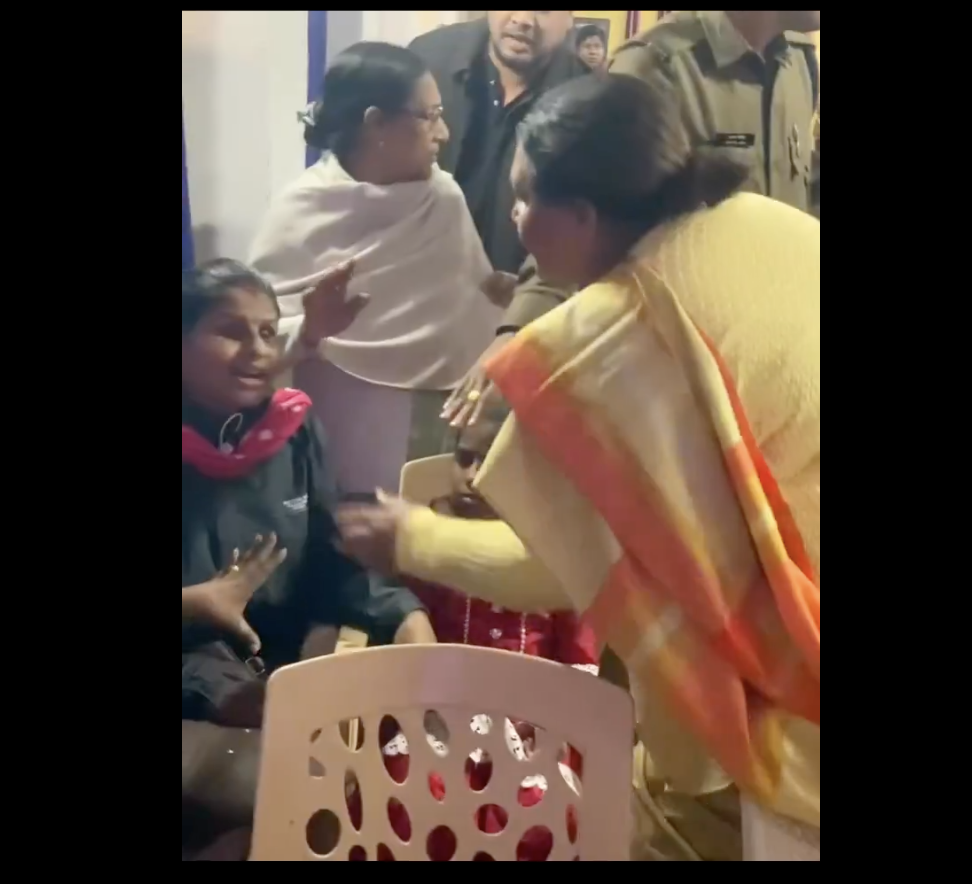
By BISMEE TASKIN / The Print
New Delhi: Defending its decision to not invoke the Scheduled Caste and Scheduled Tribe (Prevention of Atrocities) Act in the alleged rape of a 20-year-old Dalit student in South Delhi last month, Delhi Police Thursday said investigations so far have not revealed any caste-based discrimination in the case.
The Delhi Police’s reaction followed a social media post by Dalit rights activist Riya Singh, co-founder of Dalit Women Fight — a community-led digital project to amplify their voices for justice. Singh tweeted Thursday that the Delhi Police had not invoked the SC/ST Act in the case, even after the submission of complaints in the matter.
Singh claimed in the Twitter thread that local police had allegedly told the complainant, “aap SC-ST hain iska matlab ye nahin ki SC-ST Act laga denge (you are from a SC/ST community, that doesn’t mean that we invoke the Act).
We have filed a case of rape of a 20 year old Dalit student at Hauz Khas Police Station,Delhi in January.Relevant sections of The Scheduled Caste-Scheduled Tribes(Prevention of Atrocities)Act have not been invoked despite submitting a written complaint. @CPDelhi @NCSC_GoI
— Riya Singh (@Dalit_Swag) February 17, 2022
Responding to Singh’s allegations, DCP (South) Benita Mary Jaiker said that while “no caste-based discrimmination or offence has been made out so far in the case, investigation is ongoing and if any (other) sections of law are found to be applicable, they will be added during investigation”.
Delhi-based criminal lawyer Soutik Banerjee told ThePrint, however, that the police was “duty bound” to register an FIR invoking the provisions of the SC/ST Act, along with the relevant provisions of the Indian Penal Code (IPC), once a Dalit woman files a complaint stating that “a person who is not a member of an SC/ST community has committed the offence of rape upon her”.
On 20 January, the 20-year-old Dalit student was allegedly raped by a 27-year-old male lawyer at her house in south Delhi. An FIR was registered at the Hauz Khas police station the same day, and the accused, originally from Sonepat, Haryana, was arrested on 2 February and charged under sections 354B (assault or use of criminal force to woman with intent to disrobe), 376 (rape) and 506 (punishment for criminal intimidation) of the IPC. He is currently out on bail.
‘Caste identity known to accused’
According to the police, the accused and the woman had met on a popular dating app.
“The complainant alleged sexual assault at her place of residence by a person she had come into contact through a popular dating app and subsequently called to her place. The 27-year old accused was arrested on 2 February after laying a trap,” said DCP Jaiker.
“The complainant and accused spoke only through the dating app and secret chat feature of a social messaging app”, before meeting at the complainant’s residence, she added.
In her tweet Thursday, Riya Singh also mentioned that she had submitted a written application for invoking the SC/ST Act in the FIR on 7 February, but haven’t yet received any response from the police.
She added that the woman who made the rape allegation had also “explicitly specified her caste identity was known to the accused, (and) also annexed her caste certificate along with the written complaint”.
Banerjee told ThePrint that “the law in this regard has been categorically clarified by the Supreme Court in two judgments — Union of India vs State of Maharashtra (2020), which recalled the directions passed in a 2018 judgment for preliminary enquiry into offences under the SC/ST Atrocities Act”.
“Further, in Prathvi Raj Chauhan vs Union of India (2020), it has again been clarified that once it is determined that a cognisable offence has been committed, the police has no power to conduct any preliminary inquiry and an FIR has to be registered” under the SC/ST Act, he added.
Banerjee further explained that “the law does not give any power to the police, at this stage, to choose not to invoke the SC/ST Act and only invoke the IPC. Such a course of action is not only illegal, but would amount to a further offence committed by the public servant who refuses to invoke the law against the accused”.
This story first appeared on theprint.in






